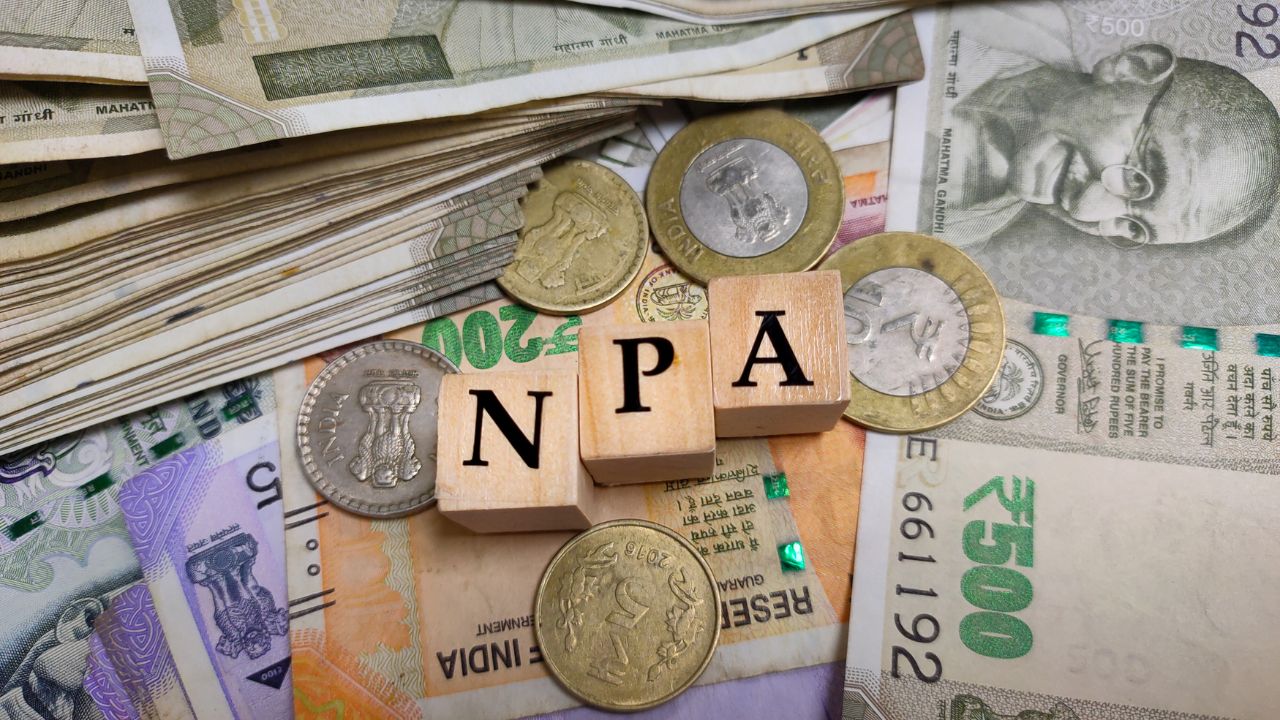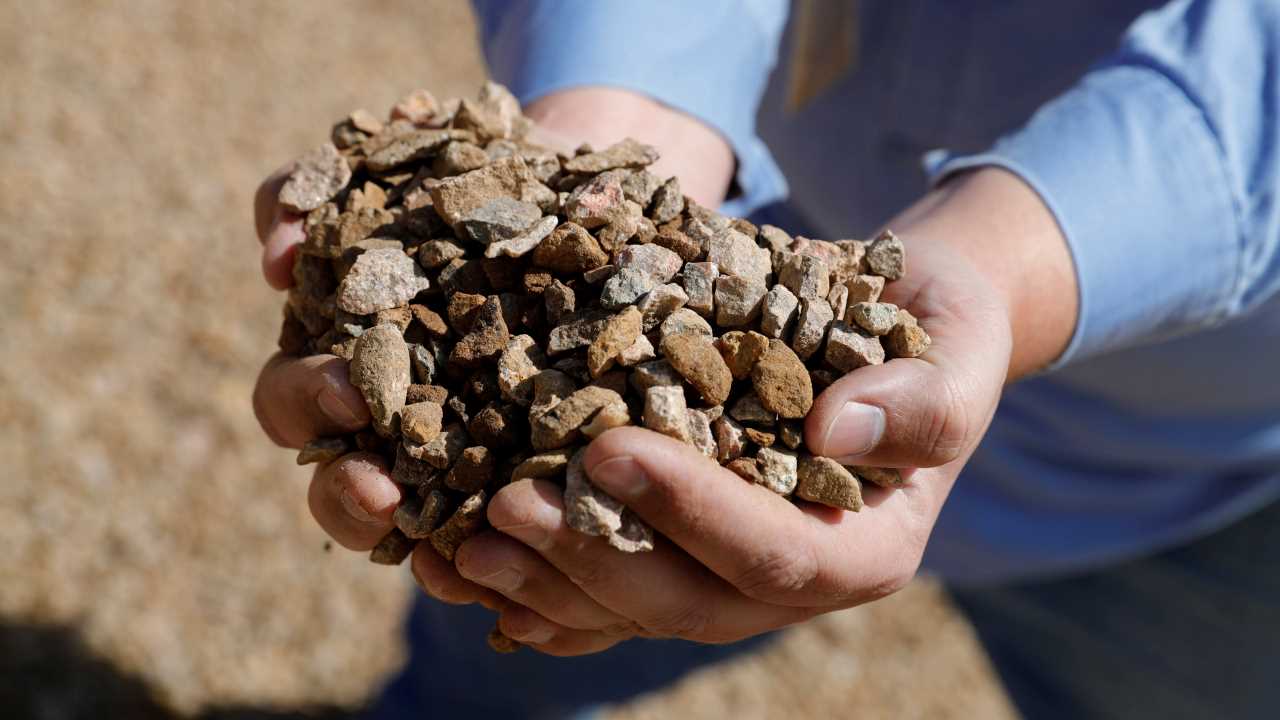
| Company | Value | Change | %Change |
|---|
Gross Non-Performing Assets (GNPA) declined significantly to 3.12% in September 2024, down from the peak of 14.58% in March 2018, highlighting the success of sustained banking reforms, PIB highlighted on Thursday.
Over the past decade, the Government implemented a 4R’s strategy—Recognition, Resolution, Recapitalisation, and Reforms—bolstering the financial stability of PSBs.
Capital adequacy has improved, with the Capital to Risk-Weighted Assets Ratio (CRAR) of PSBs rising by 393 basis points to 15.43% in September 2024, compared to March 2015.
PSBs have also expanded their footprint, with 1,60,501 branches nationwide, 62.7% of which are in rural and semi-urban areas, supporting financial inclusion.
Also read: PSB loan write off in H1 FY25 at ₹42,000 crore
The banking system facilitated over 54 crore Jan Dhan accounts and sanctioned 52 crore collateral-free loans under flagship schemes, benefiting women significantly.
Gross advances of Scheduled Commercial Banks reached ₹175 lakh crore in March 2024, tripling from ₹61 lakh crore in 2014. The MSME sector witnessed a credit growth of 17.2% in FY24, with total advances standing at ₹28.04 lakh crore.
Employee welfare measures have also been prioritised. The 12th Bipartite Settlement granted a 17% salary hike, alongside enhanced benefits like 100% DA neutralisation for pre-2002 retirees and increased ex-gratia for pre-1986 retirees.
Special provisions for women employees, including menstrual leave and second child adoption leave, further reflect the Government’s commitment to HR policies.

